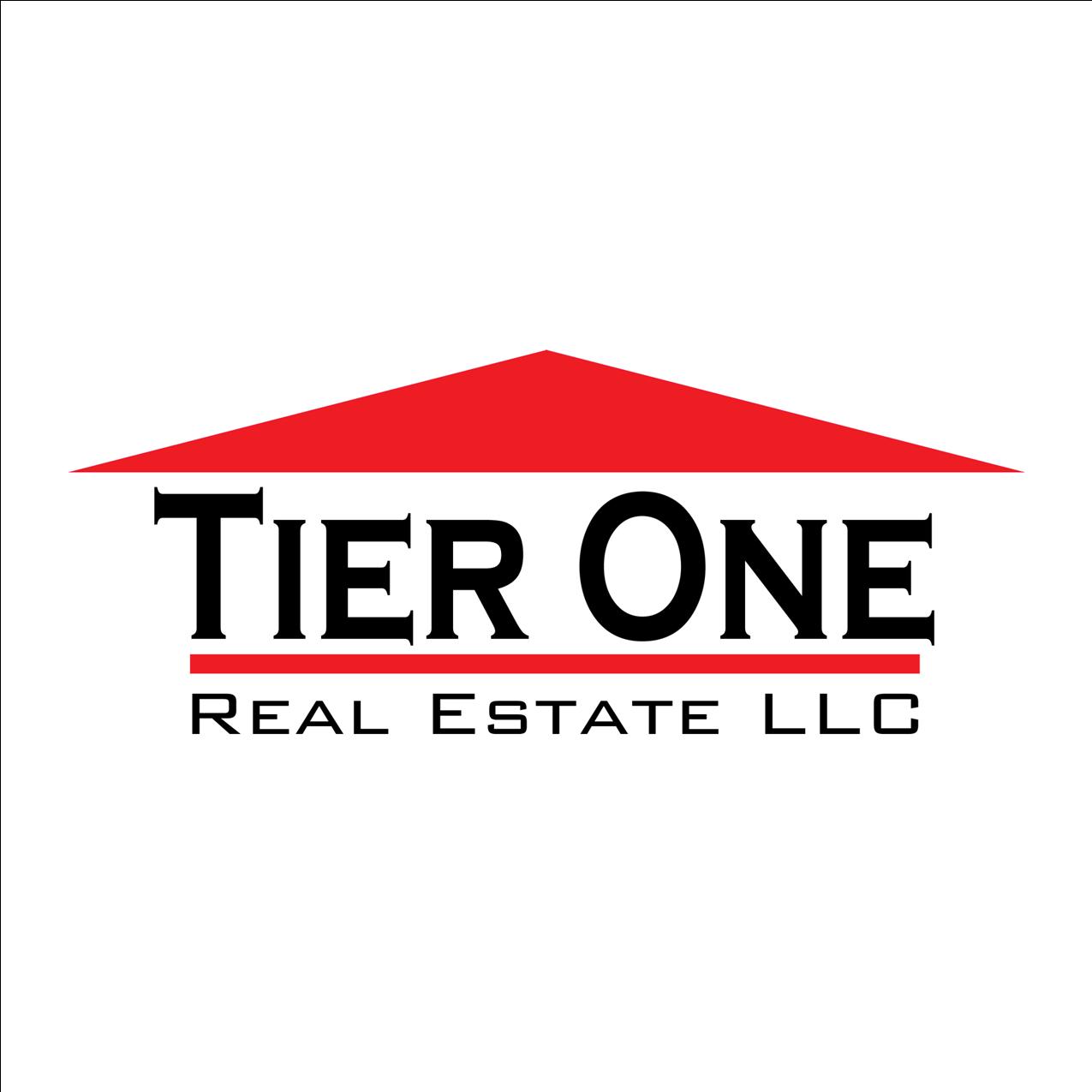Managing a rental property in Salt Lake City comes with plenty of opportunities, but also responsibilities that every landlord must understand. Whether you’re a first-time investor or a seasoned property owner, being familiar with Utah landlord-tenant laws is the key to running a successful rental business. From drafting a rental agreement to knowing when and how to raise rent, the legal framework can seem overwhelming at first glance. That’s where breaking down rent control laws and other regulations becomes crucial.
Key Takeaways:
- Utah has no rent control laws limiting the amount landlords can increase rent, but strict notice requirements still apply.
- Property owners must comply with Utah landlord-tenant laws covering rental agreements, security deposits, the eviction process, and habitability standards.
- Knowing both statewide rules and Salt Lake City-specific requirements helps protect your investment and maintain positive landlord-tenant relationships.
Understanding Rent Control Laws in Utah
Unlike other states that have strict rent control laws limiting increases, Utah does not cap the amount landlords can raise rent when a lease ends. This gives property owners the flexibility to adjust rental income to market rates. However, Utah landlords cannot simply change terms overnight. A proper written notice is required before any increase takes effect.
For periodic tenancies (like month-to-month leases), the standard rule is at least 15 days’ written notice before the next rental period begins. Without that notice, rent increases won’t be valid under Utah law. Having a written agreement that clearly outlines the rental period, rent amount, and payment terms is essential to avoid disputes.
In short, while Utah gives landlords the freedom to raise rent, it also expects them to respect precise notice requirements and maintain transparency with tenants.
Rental Laws and Regulations You Can’t Ignore
Utah landlord-tenant laws regulate many aspects of rental homes and rental units. Some of the most critical areas include:
- Rental Agreements and Security Deposits – A lease agreement should be a written contract that spells out rent, rules, and responsibilities. Utah law also regulates how security deposits must be handled and when they should be returned after a tenant moves out. Landlords must provide an itemized statement and return the balance to the tenant’s forwarding address.
- Fair Housing Laws – Landlords cannot discriminate based on familial status, gender identity, sexual orientation, national origin, disability, or other protected categories. These rules apply to all rental units in Salt Lake City.
- Habitability Standards – A landlord must keep the rental property livable. This includes providing potable drinking water, hot and cold water, heat, electricity, and meeting local building codes. A habitable rental property is a fundamental right under Utah tenant rights.
- Repairs and Maintenance – Utah landlords are expected to handle major repairs, ensuring the property is safe and meets health and safety standards. Tenants are usually responsible for minor upkeep, but essential services like hot water cannot be ignored.
These laws exist to protect both landlords and tenants. Ignoring them not only risks penalties but also damages your rental business reputation.
Why Property Management Matters
Being a Salt Lake City landlord means juggling more than just collecting rent. Tenant screening, lease agreements, property maintenance, and legal compliance can be overwhelming. A missed deadline on a rent increase notice or a poorly documented eviction notice could cause costly problems.
Property management services can provide structure and protection. From handling repairs and documenting maintenance to ensuring disclosure requirements like lead-based paint notices, professional management helps landlords safeguard their investment while keeping tenants safe.
At TierOne Real Estate, we understand that managing a rental business involves more than just filling vacancies. It’s about protecting your property, respecting Utah tenant rights, and building long-term success.
Building Strong Landlord-Tenant Relationships
Every rental business is built on the landlord-tenant relationship. Utah law requires landlords to provide a habitable rental property, while tenants must pay rent on time and follow lease rules. Respecting these rights and responsibilities keeps disputes to a minimum.
Key elements include:
- Communication – Written notice for rent increases, lease termination, or repairs builds trust.
- Respect – Tenants are entitled to safe living conditions, while landlords deserve timely payment.
- Fairness – Evictions or late fees must follow the rules, not personal judgment.
When landlords and tenants understand their roles, the rental period becomes smoother, protecting everyone’s interests.
Salt Lake City–Specific Rules You Should Know
While Utah state law covers most rental rules, Salt Lake City has additional requirements. Landlords must:
- Maintain minimum housing standards that protect tenant health and safety.
- Hold a business license for operating rental units in the city.
- Follow the Salt Lake City Landlord/Tenant Program, which provides resources to resolve disputes.
These local rules emphasize the importance of maintaining your property to a high standard. If a rental home doesn’t meet building codes or minimum housing standards, landlords could face penalties.
The Eviction Process in Utah
Evictions are sometimes unavoidable, but Utah law sets strict steps for landlords to follow:
- Valid Reason – Non-payment of rent, lease violation, or other legal causes.
- Proper Notice – Landlords must serve an eviction notice (often a 3-day notice) before filing in court.
- Court Involvement – If the tenant doesn’t comply, landlords must file through the court system.
Self-help evictions (such as changing locks or removing belongings) are illegal in Utah. Following the formal eviction process is the only way to evict tenants and protect your rental business legally.
Lease Termination and Late Fees
Lease termination can happen for various reasons: the lease ends, a tenant breaks the lease, or non-payment of rent occurs. Utah law requires landlords to give proper notice, often 15 days before the rental term ends.
Late fees are allowed if clearly written into the lease agreement. Many landlords also provide a short grace period to encourage timely payments without being unfair. The critical part is clarity. A written agreement should spell out rent due dates, late fees, and consequences of non-payment.
Understanding the Salt Lake City Rental Market
The Salt Lake City rental market continues to grow as more renters seek affordable housing compared to other states. This creates opportunities for property owners but also requires attention to compliance. Meeting habitability standards, respecting tenant rights, and following proper notice requirements are all part of staying competitive in this market.
Investors benefit from strong income potential, but only if they protect their property, follow the rules, and maintain good relationships with renters.
Final Thoughts: Protecting Your Rental Business
Navigating Utah landlord-tenant laws and Salt Lake City regulations doesn’t have to feel overwhelming. Landlords who understand their responsibilities can raise rent fairly, enforce lease agreements properly, and protect both their investment and tenants’ well-being.
At TierOne Real Estate, we help landlords succeed by offering professional property management services tailored to Salt Lake City’s rental market. From tenant screening and maintenance to legal compliance and lease management, we’re here to make your rental business stronger.
Explore our Services or reach out through our Contact Us page to see how we can help you protect your property and grow your investment.
FAQs About Rent Control and Rental Laws in Salt Lake City
1. Does Utah have rent control laws like other states?
No. Utah has no rent control laws limiting the amount landlords can raise rent. However, proper notice must be given before any increase takes effect.
2. How much notice is required to raise rent in Utah?
Utah landlords must provide at least 15 days’ written notice before increasing rent for a periodic tenancy. Lease agreements should always clarify notice requirements.
3. What makes a rental property “habitable” under Utah law?
A habitable rental property must provide potable drinking water, hot and cold water, heat, electricity, and comply with building codes. Landlords are also required to handle repairs that affect safety and health.
4. Can landlords evict tenants without going to court?
No. Self-help evictions are illegal in Utah. Landlords must follow the legal eviction process, which includes serving a valid eviction notice and filing through the courts if necessary.
5. How are security deposits handled in Utah?
Landlords must return security deposits within 30 days after a tenant moves, along with an itemized list of deductions, sent to the tenant’s forwarding address.



